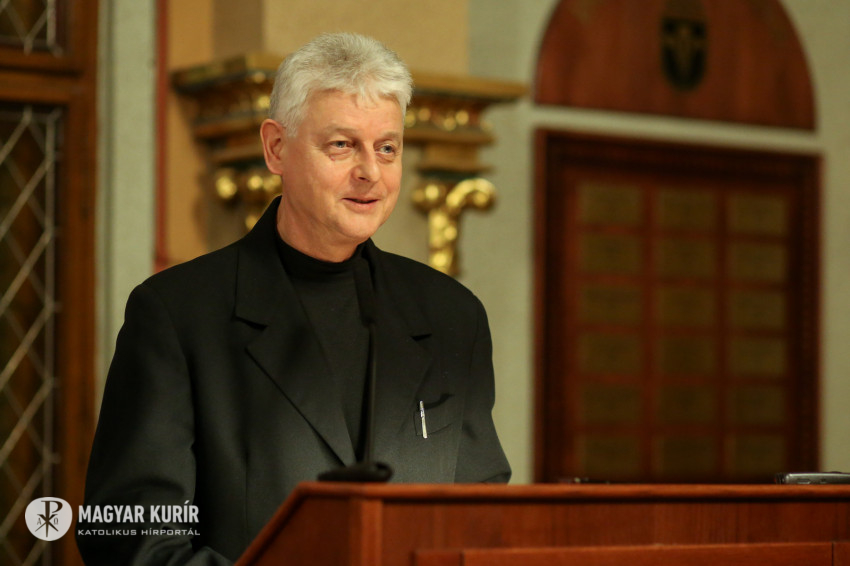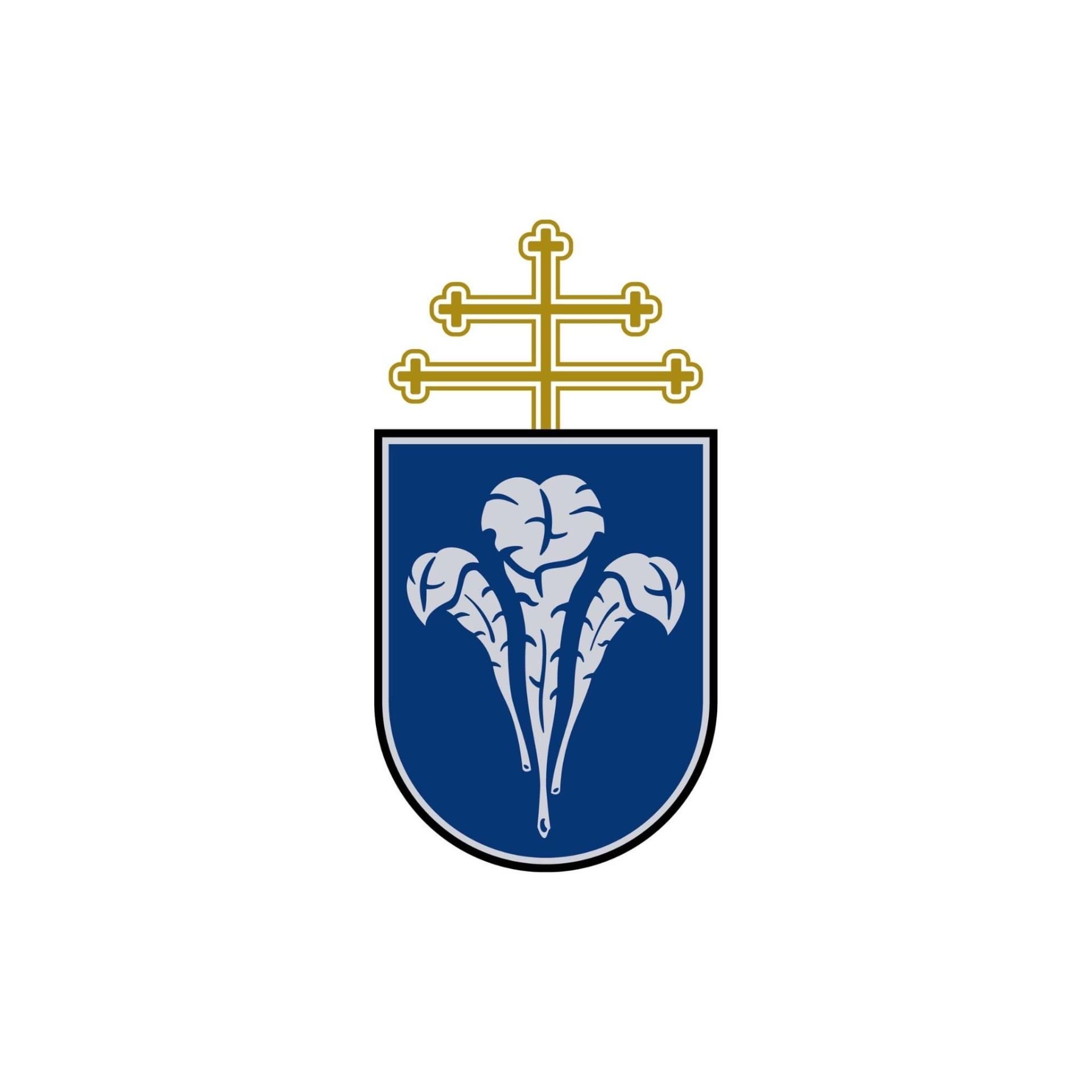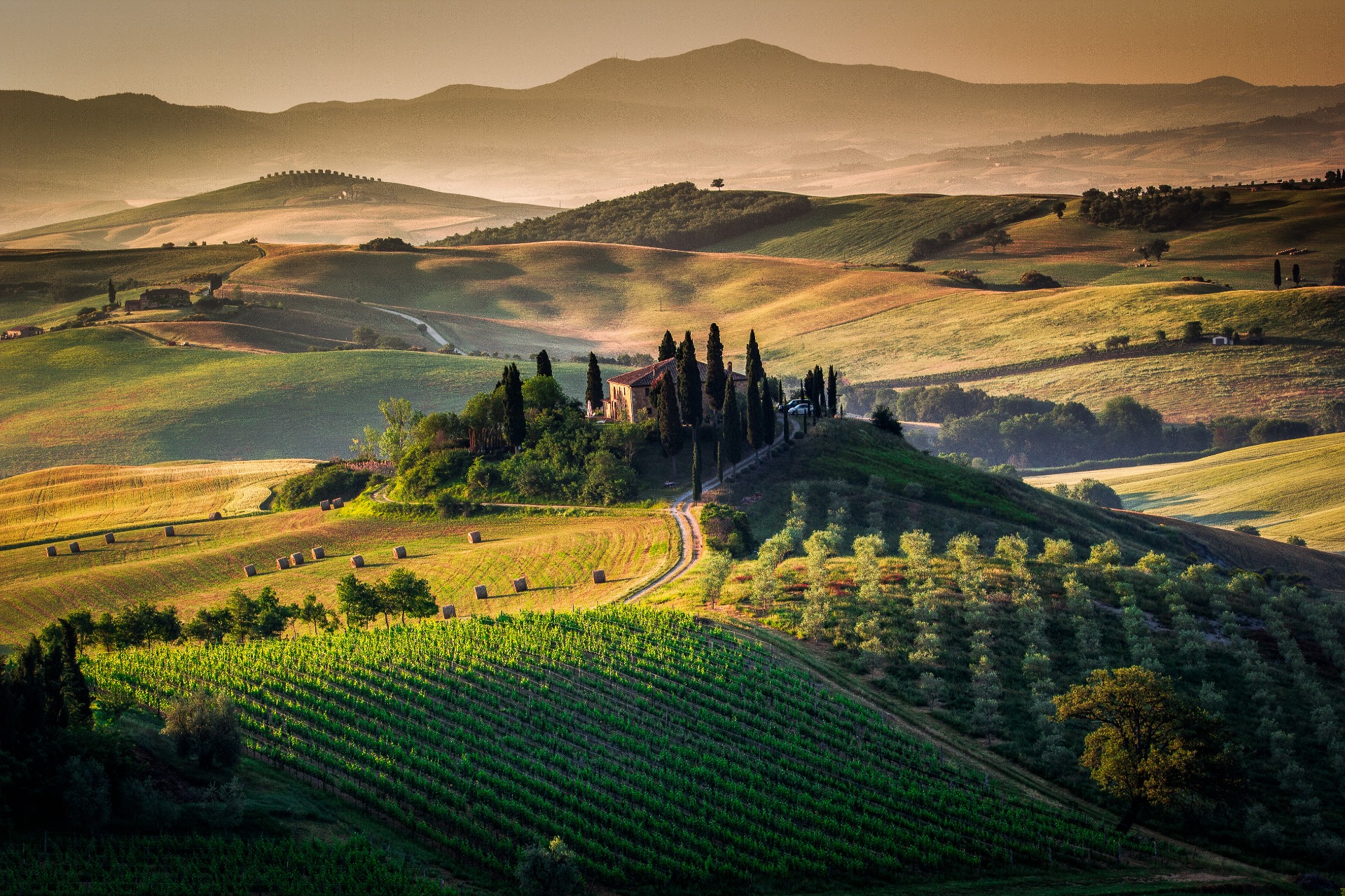Creation Care
20 05 2025
Pope Leo XIV sends a video message to the rectors of the universities participating in the meeting of the Network of Universities for the Care of the Common Home in Rio de Janeiro. The meeting is being held on the occasion of the tenth anniversary of Laudato si' and in preparation for COP30.
forrás: Francesca Merlo: https://www.vaticannews.va/.../pope-leo-xiv-videomessage...
FOR THE LVIII WORLD DAY OF PEACE 1st JANUARY 2025
MESSAGEOF HIS HOLINESS POPEFRANCISFOR THE LVIIIWORLD DAY OF PEACE1st JANUARY 2025what is ecological debt?True peace can be born only from a heart ‘disarmed’ of anxiety and fear”"ECOLOGICAL DEBT"
The message of the 58th World Day of Peace carries many ideas related to the protection of creation.
"In some way, we must all feel responsible for the destruction that our common home is exposed to..."
"We feel it is our duty to give voice to all those situations where the Earth is being exploited..."
"This solemn call, according to the ideal, was to be made throughout the world (cf. Lev 25:9), so that people might restore the justice ordained by God in the various spheres of life: in the use of land, in the possession of goods, in their relations with their neighbours, especially with the poorest and most unfortunate..."
"Many peoples already burdened by global debt are forced to bear the burden of the ecological debt of the more developed countries as well."
"At least a certain percentage of the money invested in armaments should be used to create a global fund to eradicate hunger and promote education in the poorest countries, promote sustainable development and combat climate change."
Season of Creation 2024
The Week of Creation draws our attention to the fact that order prevails in the created world, and it is solely up to humans to support it. The shared documents call for collective reflection and action.
seasonofcreation.orgwww.vatican.va/content/francesco/en/messages/cura-creato/documents/20240627-messaggio-giornata-curacreato.html"... the goal of the research institute is the idea of a harmonious coexistence of man and nature in contrast to the culture of subjugation of nature"
Mgr. Dr. György Géza Kuminetz, Rector PPKE
On 21 September 2023, His All-Holiness Ecumenical Patriarch Bartholomew I of Constantinople arrived in our country. His Holiness will participate in the ecumenical and interreligious conference on Creation Protection organized jointly by the Religion and Society Research Institute of the József Eötvös Research Centre of NKE, the Faculty of Theology of PPKE and the Research Institute for the Integrity of Creation of PPKE.
The Research Institute for the Integrity of Creation started its work in January 2022, at the St. II. Pope John Paul Research Centre of Pázmány Péter Catholic University.
In the early 1990s, the leadership of Pázmány Péter Catholic University recognized that the environmental crisis is both a technological and a social challenge, which can only be met in a new, holistic, creative, and innovative way. Therefore, basic environmental literacy is essential for intellectuals and especially important for the legally qualified ones.
It is known that the unfolding sustainability crisis has not escaped the attention of the Holy See, and guidelines provided by the church regarding the issue have been published since the 1980ies.
For the above reasons, in 1995, the Faculty of Law and Political Sciences of Pázmány Péter Catholic University was the first in Hungary to establish a department of environmental law. The Research Institute for the Integrity of Creation represents a further step forward in this process for the university and for Hungarian academia.
So much so, because the protection of creation is more than environmental protection dressed up as religion. At its core is the preservation of the world created by God, and therefore, in addition to the ecological approach, it also involves many other disciplines such as philosophy, sociology, law, psychology, economics, education, media studies, communication, and health.
The four-year research program is funded by the Ministry of Innovation and Technology.
The Catholic Church, together with other Christian churches, has been intensively researching the issue of creation protection for decades and is committed to the care of our planet as our common home, as well as to the education of ecological responsibility.
One of the goals of creation protection is to actualize the message of Pope Francis' encyclical Laudato si' as the Magna Carta of creation protection.
The other goal is to find out how theology, through the actualizing interpretation of the biblical teaching, sacred tradition and liturgy, can contribute to the deepening of the truth of creation, the awareness of the resulting responsibility for the protection of creation, and the strengthening of motivation with an ecumenical demand.
Why does creation need protection?
Aren't there big, immanent processes, those balances that keep them in existence - and produce increasingly complex organizations and structures on this planet? Father Rector Mgr. Dr. György Géza Kuminetz gave the following answer to the question: "Man has forgotten the commandment to preserve and cultivate, he is increasingly striving to subjugate nature. We must build society on the biosphere, this complex system, and the economy and culture must be compatible with it.
No matter how deep the so-called scientific and technical mind sees between cause and effect relationships, it is still not enough to grasp and understand the great order of the world and fit into it accordingly, instead of rebelling against it. Therefore, the cleverness of the positive sciences must be replaced by the way of thinking of wisdom. Let's get it right again: let's live in moderation! To do this, we need to find the right measures and adjust our lives to them, and then build biosphere-friendly technologies and human-friendly societies."
MESSAGE OF HIS HOLINESS POPE FRANCIS
FOR THE LVIII WORLD DAY OF PEACE 1st JANUARY 2025
"ECOLOGICAL DEBT"
The message of the 58th World Day of Peace carries many ideas related to the protection of creation.
"In some way, we must all feel responsible for the destruction that our common home is exposed to..."
"We feel it is our duty to give voice to all those situations where the Earth is being exploited..."
"This solemn call, according to the ideal, was to be made throughout the world (cf. Lev 25:9), so that people might restore the justice ordained by God in the various spheres of life: in the use of land, in the possession of goods, in their relations with their neighbours, especially with the poorest and most unfortunate..."
"Many peoples already burdened by global debt are forced to bear the burden of the ecological debt of the more developed countries as well."
"At least a certain percentage of the money invested in armaments should be used to create a global fund to eradicate hunger and promote education in the poorest countries, promote sustainable development and combat climate change."
Season of Creation 2024
The Week of Creation draws our attention to the fact that order prevails in the created world, and it is solely up to humans to support it. The shared documents call for collective reflection and action.

"... the goal of the research institute is the idea of a harmonious coexistence of man and nature in contrast to the culture of subjugation of nature"
Mgr. Dr. György Géza Kuminetz, Rector PPKE
On 21 September 2023, His All-Holiness Ecumenical Patriarch Bartholomew I of Constantinople arrived in our country. His Holiness will participate in the ecumenical and interreligious conference on Creation Protection organized jointly by the Religion and Society Research Institute of the József Eötvös Research Centre of NKE, the Faculty of Theology of PPKE and the Research Institute for the Integrity of Creation of PPKE.
The Research Institute for the Integrity of Creation started its work in January 2022, at the St. II. Pope John Paul Research Centre of Pázmány Péter Catholic University.
In the early 1990s, the leadership of Pázmány Péter Catholic University recognized that the environmental crisis is both a technological and a social challenge, which can only be met in a new, holistic, creative, and innovative way. Therefore, basic environmental literacy is essential for intellectuals and especially important for the legally qualified ones.
It is known that the unfolding sustainability crisis has not escaped the attention of the Holy See, and guidelines provided by the church regarding the issue have been published since the 1980ies.
For the above reasons, in 1995, the Faculty of Law and Political Sciences of Pázmány Péter Catholic University was the first in Hungary to establish a department of environmental law. The Research Institute for the Integrity of Creation represents a further step forward in this process for the university and for Hungarian academia.
So much so, because the protection of creation is more than environmental protection dressed up as religion. At its core is the preservation of the world created by God, and therefore, in addition to the ecological approach, it also involves many other disciplines such as philosophy, sociology, law, psychology, economics, education, media studies, communication, and health.
The four-year research program is funded by the Ministry of Innovation and Technology.
The Catholic Church, together with other Christian churches, has been intensively researching the issue of creation protection for decades and is committed to the care of our planet as our common home, as well as to the education of ecological responsibility.
One of the goals of creation protection is to actualize the message of Pope Francis' encyclical Laudato si' as the Magna Carta of creation protection.
The other goal is to find out how theology, through the actualizing interpretation of the biblical teaching, sacred tradition and liturgy, can contribute to the deepening of the truth of creation, the awareness of the resulting responsibility for the protection of creation, and the strengthening of motivation with an ecumenical demand.
Why does creation need protection?
Aren't there big, immanent processes, those balances that keep them in existence - and produce increasingly complex organizations and structures on this planet? Father Rector Mgr. Dr. György Géza Kuminetz gave the following answer to the question: "Man has forgotten the commandment to preserve and cultivate, he is increasingly striving to subjugate nature. We must build society on the biosphere, this complex system, and the economy and culture must be compatible with it.
No matter how deep the so-called scientific and technical mind sees between cause and effect relationships, it is still not enough to grasp and understand the great order of the world and fit into it accordingly, instead of rebelling against it. Therefore, the cleverness of the positive sciences must be replaced by the way of thinking of wisdom. Let's get it right again: let's live in moderation! To do this, we need to find the right measures and adjust our lives to them, and then build biosphere-friendly technologies and human-friendly societies."




